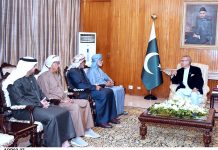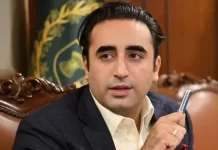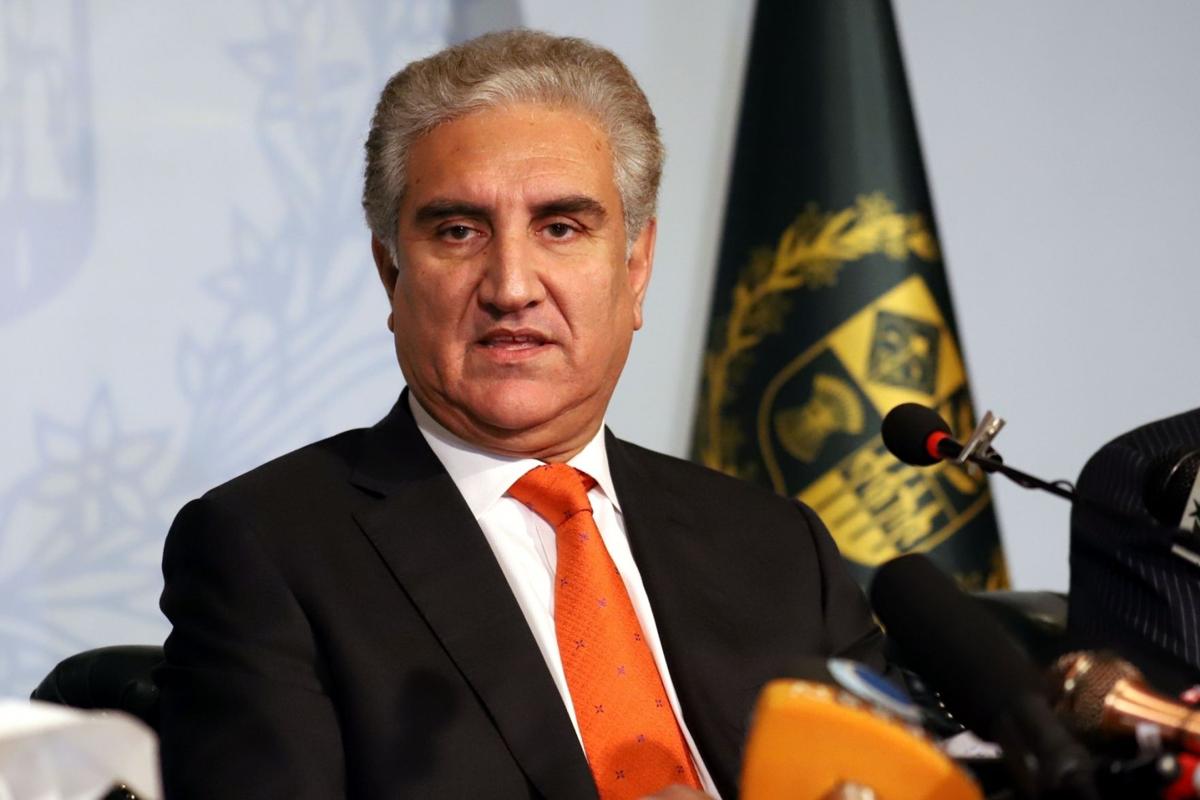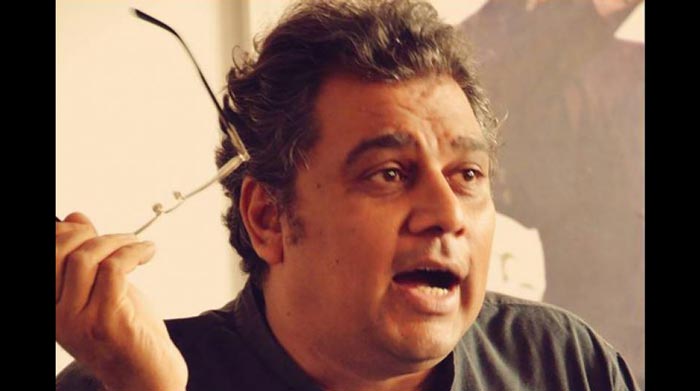Published on: August 16, 2025 12:42 PM

Director General of Inter-Services Public Relations (DG ISPR) Lt Gen Ahmed Sharif Chaudhry clarified that the Pakistan Army has no interest in harming innocent civilians under the guise of counterterrorism. He said that only those who shelter terrorists or store explosives in their homes must face the consequences. The statement came during a session with students under the ISPR’s internship program, focusing on national security and development in Balochistan.
Addressing student questions, especially from Balochistan, Lt Gen Ahmed Sharif stressed that successful operations depend on local support. “Operations only succeed when the public identifies terrorists themselves,” he said. He explained that clearing an area by force is ineffective unless residents reject militancy. Intelligence-based operations are, therefore, the preferred approach to ensure long-term peace and stability.
The DG ISPR rejected the misconception that Balochistan’s people oppose Pakistan. He praised the region’s understanding of its deep connection with the country. Citing the sacrifice of Major Muhammad Anwar Kakar, who died fighting militants, he noted that soldiers, officers, and citizens are giving their lives daily to defend Pakistan. “Balochistan has produced heroes,” he said, “and continues to stand with Pakistan.”
Lt Gen Ahmed Sharif emphasized that collective punishment is not the army’s policy. “One man’s terrorism should not mean punishment for an entire village,” he stated. He noted that the people of Balochistan are now actively pointing out militants and their facilitators. Public frustration with terrorism is growing, and communities are beginning to stand up against it.
Highlighting the progress in Balochistan, the DG ISPR said the region is home to many bright, forward-thinking individuals. He shared examples of students from the province excelling in fields like science and civil service. Citing Islam’s teachings on equality, he said Pakistan was built on the foundation of unity beyond ethnic or linguistic lines. “Pakistan lives in your hearts,” he said. “It was founded on the Kalma, and that identity binds us all.”







